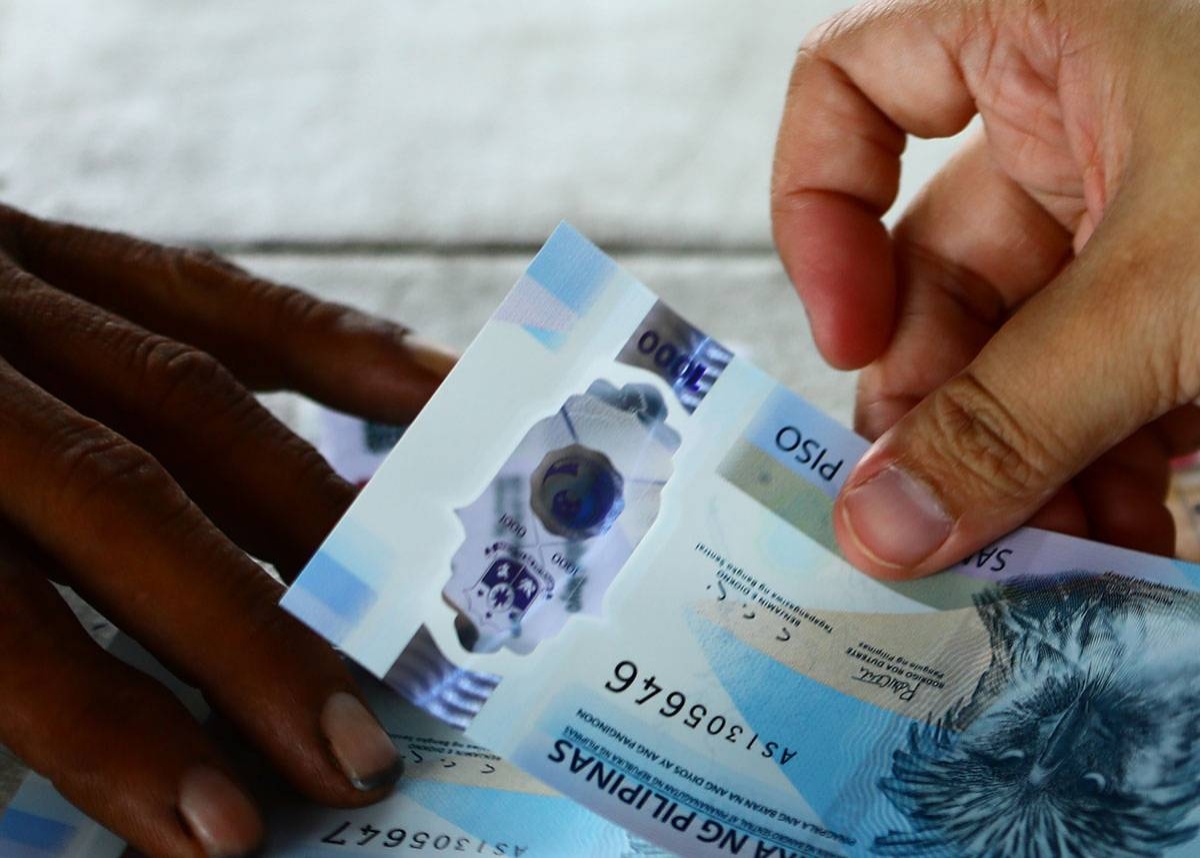At least 4.1 million minimum wage earners in the Philippines have seen positive changes in their salaries as a result of recent adjustments in 15 different regions in 2023. The National Wages and Productivity Commission (NWPC) announced through a social media post on Monday that a total of 15 wage orders were issued by the Regional Tripartite Wages and Productivity Boards (RTWPBs) for workers in the private sector, with nine of these orders being initiated motu proprio.
The RTWPB-National Capital Region (NCR) took the lead by issuing a wage hike order on June 26, which provided for a P40 pay increase. This adjustment raised the minimum wage in Metro Manila to P610 from P570 for the nonagricultural sector and to P573 from P533 for the agriculture sector. Following suit, the Northern Mindanao wage board issued a wage hike order on December 21, raising the minimum wage in the region to P438 from P423 for the nonagricultural sector, and to P426 from P411 for agriculture.
It is worth noting that the Davao Region wage board has yet to issue a new wage order. However, it has already engaged in consultations with key stakeholders such as the Philippine Statistics Authority, the Department of Trade and Industry, the National Economic and Development Authority, and the Department of Agriculture. Public hearings are scheduled to take place within the first quarter of 2024.
Apart from the minimum wage earners, approximately 8.1 million full-time wage and salary workers who earn above the minimum wage are also expected to benefit from the correction of wage distortions. Wage distortion occurs when the variations in wage structures or rates among different employee groups within a company are significantly reduced or diminished due to mandated wage increases.
Both the NWPC and the RTWPBs are attached agencies of the Department of Labor and Employment. Their primary goal is to ensure fair wages and promote productivity in the country’s labor market. By issuing wage orders and addressing wage distortions, these agencies strive to create a more equitable working environment for employees across various sectors.
The recent salary adjustments in the Philippines highlight the government’s commitment to improving the standard of living for workers. These changes aim to provide a decent income for minimum wage earners, considering the rising cost of living and the need for financial stability. By raising the minimum wage, the government aims to address income inequality and contribute to economic growth by boosting consumer spending power.
It is important to note that wage adjustments are specific to each region, taking into account factors such as living costs, economic conditions, and industry standards. The RTWPBs carefully assess these factors before determining the appropriate wage increase for each region. This approach ensures that wage adjustments are fair and sustainable, benefiting both workers and employers.
In conclusion, the recent salary adjustments in the Philippines have positively impacted over 4.1 million minimum wage earners. These adjustments, implemented through wage orders issued by the RTWPBs, aim to provide fair compensation and improve the standard of living for workers across various sectors. Additionally, the correction of wage distortions is expected to benefit 8.1 million full-time wage and salary workers who earn above the minimum wage. These efforts by the NWPC and the RTWPBs contribute to a more equitable labor market and support the government’s goal of promoting economic growth and improving the well-being of Filipino workers.
Source: The Manila Times







